
Tick is a small animal that lives among the birds and animals. It resembles a small spider, it likes to live among the fur and feather, and it feeds on the blood of the host. Its time of the year is late spring and early summer. In the most cases, they are not harmful as they don’t carry some serious infections. It is the important to remove the head of the tick because in that way an infection is prevented. If one has had a tick bite, he would have to determine weather a tetanus injection is required.
But, on the other hands, ticks carry many diseases that cause symptoms that resemble to flu. Those symptoms may begin 1-3 days after the tick bite and may be followed by fever and headache. Some people may have allergic reaction to a tick bite and in most cases they are mild. Diseases that can be transmitted by a tick are: Lyme disease, Rocky Mountain spotted fever, Tularemia, Ehrlichiosis and some types of fever. One of the rare problems that may occur is tick paralysis. If you have a tick bite, it is important to check the symptoms and determine if you have to see a doctor.
Prevention and protection
How can you protect from the tick diseases? If you notice that there are a lot of ticks in the nature, you should carefully examine you and children every day. If it happens to get a tick bite, you should remove it in order to stop the spread of disease. You can remove the tick with tweezers or with hands, but before you do it, you should put gloves on the hands. Then, take the tick by the body, but be sure that it is the closest place to the tick’s mouth and remove it. You can see body of the tick because the head is deep in your skin. Don’t try to do anything else with the tick, just put it in the jar and save it for later identification. After the removal, you should wash the bitten area with soap and water, and you can use antibiotic ointment if it becomes irritated, unless a rash due to the antibiotic ointment develops. You can also put some ice for 15-20 minutes during the first 6 hours. The itching may be also reduced by holding a wet cloth on the bitten area and with some antihistamine medicine such as chlor-trimeton. In the case of a fever or a pain, you can buy following medicine: Panadol or Tylenol, NSAIDs, ibuprofen, naxiprofen, Aspirin.
If you use a non prescription medicine, you should carefully read all the instructions on the medicine bottle and box. If you are pregnant or have some other treatment in process, don’t use these medications, unless advised by your doctor. Aspirin shouldn’t be used by those who are younger than 20 years. If you prefer home treatment, it is of vital importance to evaluate your symptoms if something changes, for example, if new symptoms develop, if there is a rash and redness, if the symptoms get more severe.


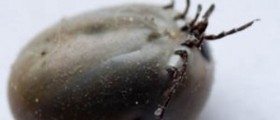

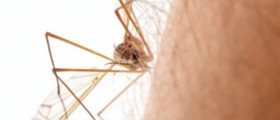

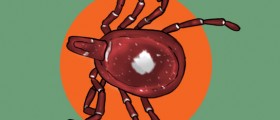
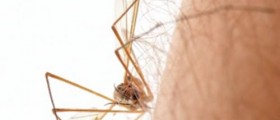

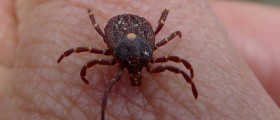
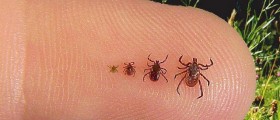


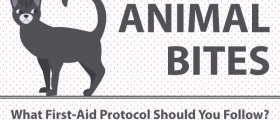
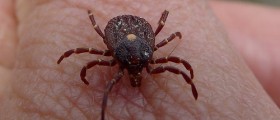
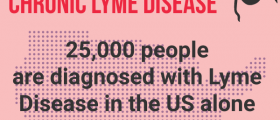
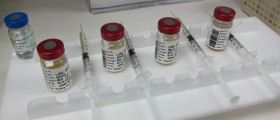
Your thoughts on this
Loading...